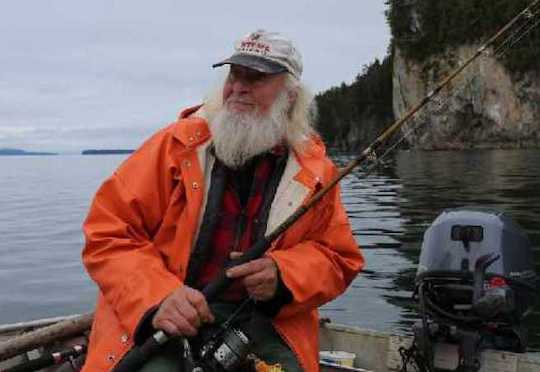“The show must go on.”
—Author Unknown
The phrase “The show must go on” embodies resilience and determination in the face of adversity, originated from the world of theater.
It reminds us that no matter the challenge or setback, we must continue moving forward.
This mindset is invaluable beyond the stage — whether in personal struggles, professional hurdles, or unexpected life events.
It encourages perseverance, adaptability, a positive attitude, and reinforcing that obstacles are part of the journey, not the end.
Embracing this wisdom helps us maintain focus and motivation, inspiring us to overcome difficulties and achieve our goals.
Ultimately, it teaches us the power of endurance and the importance of always moving forward.
EXERCISE:
In what areas of your life would a “The show must go on” mindset be most helpful?
How can you use its message as a call for greater resilience and hope, regardless of the challenges?







